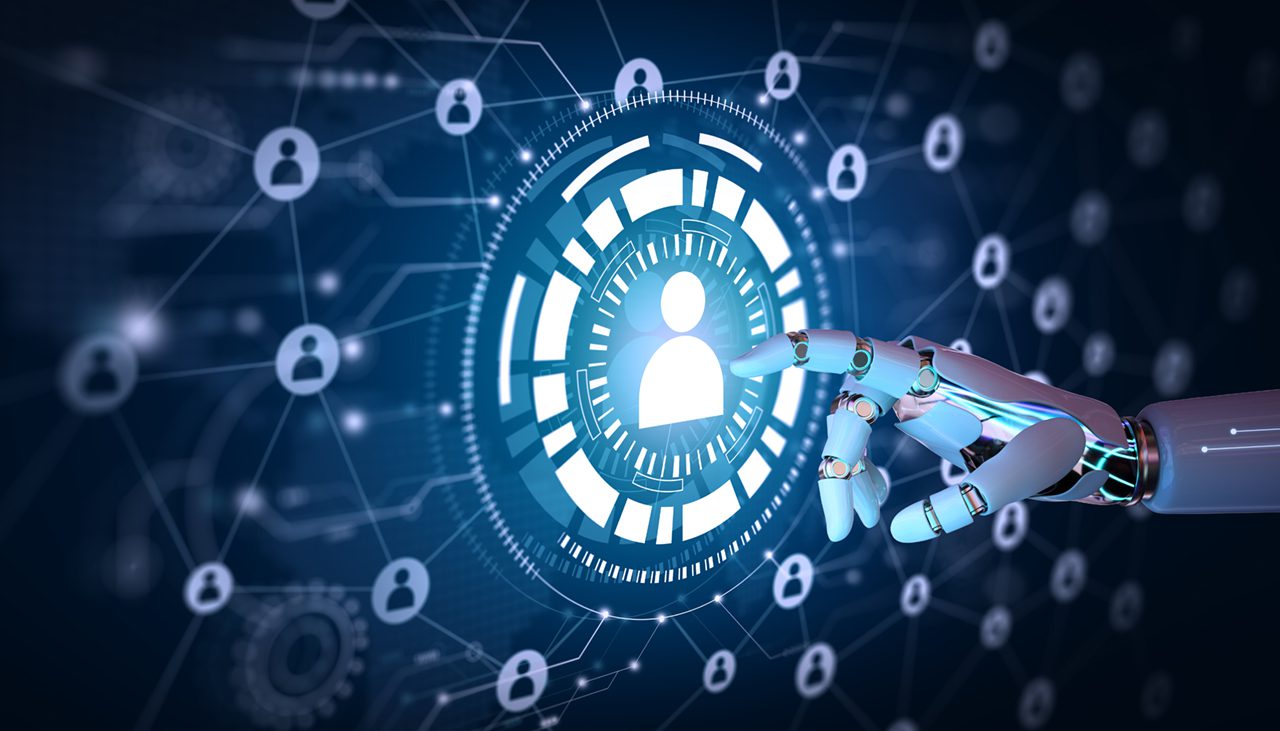Using Artificial Intelligence in the Hiring Process

Join STM’s Mailing List
Don’t miss any of our informative articles, news, or updates. Sign up to receive emails from STM today!
Unless you’ve been living under a rock, you’ve probably heard about and noticed the drastic rise in the use of Artificial Intelligence, more commonly referred to by its initials: AI. From facial recognition and self-driving vehicles, to terrifyingly realistic deepfakes, AI technology has advanced greatly within the last decade. As these technologies continue to advance, AI-powered systems are being integrated into various industries to streamline processes and improve efficiency. One such area where AI technology is increasingly being used is in the hiring process, and our clients have had a lot of questions about it. While AI has the potential to improve a company’s overall recruitment process, it also comes with several negatives that need to be taken into consideration. In this blog, we will discuss the positives and negatives that AI technology can bring to your hiring process should you choose to implement it into your own business.
Positives of using AI in hiring:
- Increased Efficiency: One of the most significant advantages of using AI in hiring is the increased efficiency it provides. AI systems can quickly scan resumes and cover letters and filter out those that do not meet the required qualifications, saving HR professionals valuable time and effort, allowing them to focus on more crucial aspects of the recruitment process.
- Unbiased: Using AI systems in the hiring process helps significantly to eliminate any human biases such as gender, race, and age factors. By using specific algorithms that focus on job-related skills and experience, AI can provide an unbiased screening of candidates.
- Data-Driven: AI-powered recruitment tools can analyze data from resumes, social media profiles, and other sources to identify the best candidates for a job. This can help organizations to make more informed hiring decisions based on data rather than intuition.
Improving the aforementioned factors with AI also helps to create a positive overall impression of the company and improves the hiring experience for potential candidates.
Negatives of using AI in hiring:
- Lack of Human Touch: A strong drawback of using AI technology in the hiring process would be a lack of human interaction. Although AI can streamline the recruitment process, the lack of human interaction with candidates could be detrimental to hiring success. Candidates may feel disconnected from the hiring process and the company itself if they only interact with a chatbot or automated system.
- Limited Capabilities: AI-powered recruitment tools are still limited in their capabilities, and they cannot replace human recruiters entirely. They may miss out on certain skills or qualities that are essential for a particular job but are not easily detectable by AI. Additionally, AI systems are only as unbiased as the data they are trained on. If the data used to train the AI system is biased, then the system will also be biased. This can lead to unexpected discriminatory hiring practices and a lack of necessary diversity in the workplace. Finally, AI systems can experience major technical glitches that can lead to errors in the hiring process. For example, an AI system may reject a perfectly qualified candidate due to a technical error, leading to lost opportunities for both the candidate and the company.
- Privacy Concerns: AI-powered recruitment tools often rely on data from candidates’ social media profiles and other sources, which can raise privacy concerns. Candidates may feel uncomfortable sharing personal information with AI-powered tools, which can lead to a loss of trust between the organization and the candidate.
In conclusion, AI technology has the potential to revolutionize the hiring process by increasing efficiency, reducing bias, and improving the candidate experience. However, it also comes with several negatives, such as the lack of human interaction, data bias, and technical glitches. Therefore, companies need to carefully consider the pros and cons before implementing AI technologies fully into their hiring process. Furthermore, organizations must be transparent about their use of AI in hiring and address candidate concerns about privacy to build trust and credibility. A healthy balance between AI and human interaction may be the key to a successful recruitment process that benefits both the company and the candidate.
Need help with hiring and recruiting top talent?
Contact STM today!